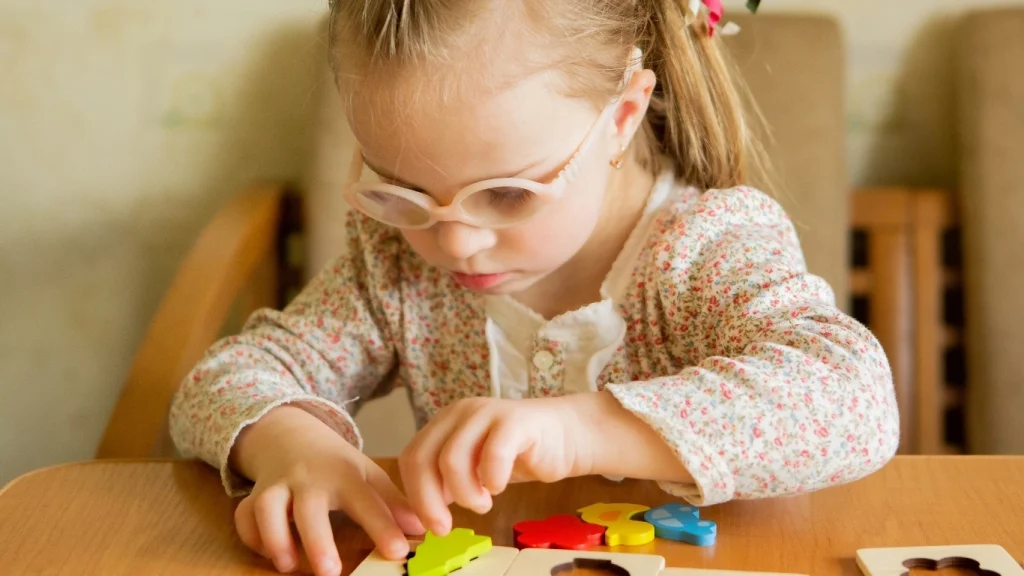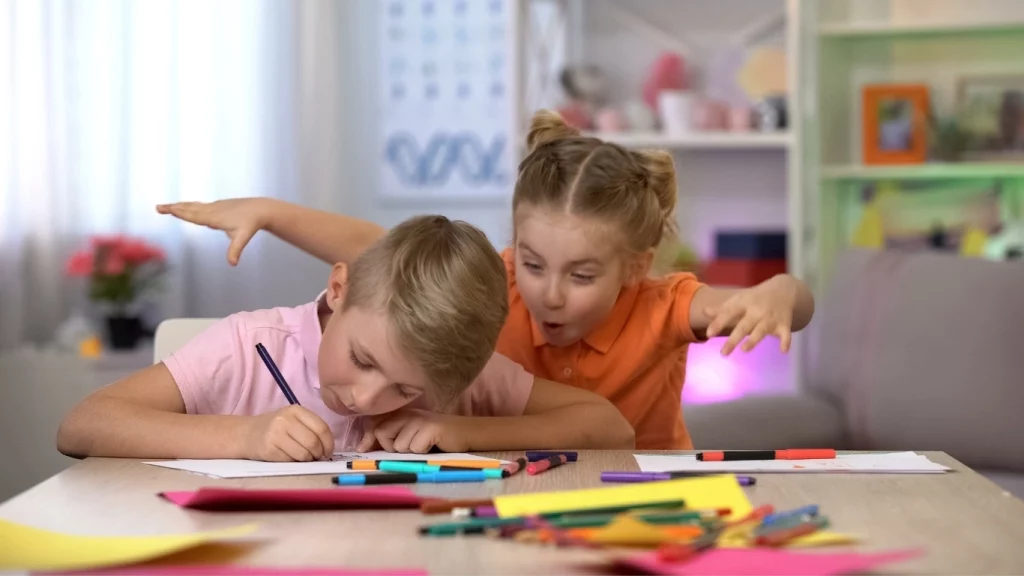3 WAYS MONTESSORI PROGRAMS PROMOTE INDEPENDENCE IN YOUNG CHILDREN

3 Powerful Ways Montessori Programs Foster Independence in Young Children
The early years of childhood are marked by tremendous growth. During this time, children transform from helpless infants into capable, curious individuals who actively participate in both classroom life and family routines. These formative years shape not only cognitive abilities but also confidence, self-reliance, and a sense of responsibility.
Joyous Montessori supports this journey with Montessori Care for Ages 6 Weeks to 6 Years in Keller, including high-quality Infant daycare Keller, designed to meet the unique developmental needs of every child.
As a parent, one of your most important goals is to nurture your child’s independence, a trait that will serve them for a lifetime. Choosing a Montessori program is a proactive step toward supporting this development. By working hand-in-hand with dedicated Montessori teachers, you’ll be empowering your child to flourish in a prepared environment designed specifically for their age and stage.
Here are three impactful ways Montessori programs promote independence in young children:
1. Promoting Language Development
Montessori education recognizes that even the youngest children possess an innate desire to understand and engage with their environment. From birth, children observe and absorb the world around them, laying the foundation for language.
In the Montessori classroom, language is nurtured thoughtfully and intentionally. Teachers model respectful, rich vocabulary, avoiding baby talk and instead using real words to describe the world. This approach helps children grow confident in their ability to express their thoughts and needs.

Instead of using restrictive language like “no,” Montessori teachers offer gentle redirection. For example, a child who wants to run inside might be offered the choice to do a quiet activity like a puzzle or reading. These daily interactions help children expand their vocabulary, process choices, and feel understood, essential milestones for developing independence.

2. Encouraging Self-Help Skills
From an early age, children show a natural interest in doing things on their own, pouring water, dressing themselves, or tidying up after a meal. Montessori classrooms are intentionally designed to support this instinct for independence.
Everything in the environment is child-sized and easily accessible. Children sit at small tables, use low shelves, and work with materials created just for them. This setup allows children to choose, use, and return materials without adult intervention.
Montessori teachers guide children in building life skills step by step. For instance, a child might begin by placing their coat in a cubby, then move on to putting it on by themselves, and eventually learn how to zip or button it up. These small but meaningful successes build confidence and teach responsibility in a nurturing, non-rushed atmosphere.
3. Being Attentive to Each Child’s Unique Needs
Every child learns at their own pace and has different preferences. Some may enjoy group work, while others may thrive in solo activities. In a Montessori classroom, children are free to explore both.
The day is intentionally unhurried, allowing each child ample time to complete tasks and explore interests deeply. If a child needs more time to wipe up a spill or master an activity, the teacher offers quiet encouragement. If a child quickly completes a task, they are gently guided to the next challenge.

This attentiveness ensures children feel seen, respected, and supported, all of which reinforce their sense of autonomy. With this encouragement, children begin to trust their abilities and make independent choices with growing confidence.
